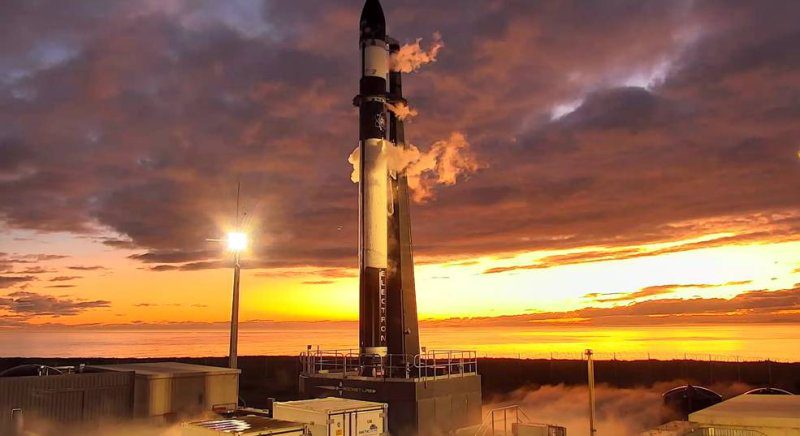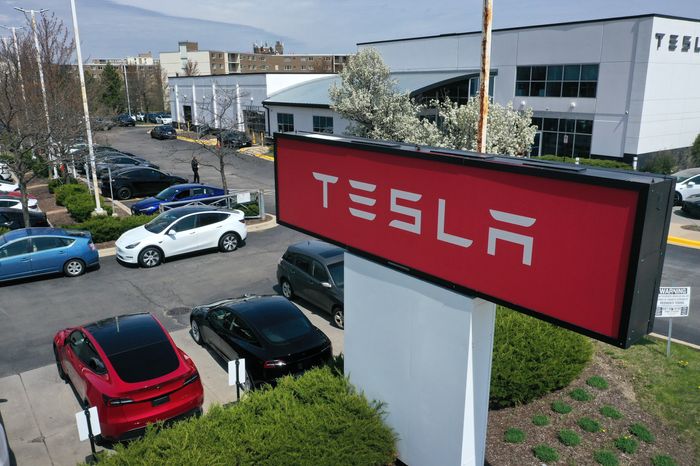Rocket Lab will launch two small satellites for NASA, which will aid scientists in understanding how a warming climate may affect the enormous ice shelves at the Earth’s poles.
The PREFIRE (Polar Radiant Energy in the Far-Infrared Experiment) mission will collect data on how much far-infrared energy is emitted at the poles and how those emissions fluctuate over time. Although over 60% of Arctic emissions originate at these wavelengths, far infrared is a poorly understood section of the Earth’s energy spectrum.
The two satellites, each the size of a loaf of bread, will be outfitted with a little equipment known as a thermal IR spectrometer. Scientists will be able to compare the data to conditions in cloud cover and sea ice levels below, allowing them to develop more accurate climate models in the future.
Also, see:
Tesla reassures Chinese users on data security amid Spying concerns
Better.com is officially going public
Rocket Lab’s Electron rocket will deliver the two cubesats to near-polar orbits, where they will collect data for at least 10 months, in two launches slated for May 2024. The launches will take place from Rocket Lab’s launch facility on Mahia Peninsula, New Zealand, and will most likely take place in quick succession due to the mission’s special requirements. Meeting such needs is made possible by Electron’s unique ability to deploy dedicated small satellite missions on highly responsive timelines, according to a statement from the company.
NASA awarded the launch contract as part of its Venture-class Acquisition of the Dedicated and Rideshare (VADR) program, a $300 million contract vehicle with a five-year budget to place NASA payloads on private rockets.
These are going to be the company’s seventh and eighth launches on behalf of NASA since 2018. Rocket Lab successfully launched four of the space agency’s storm-monitoring satellites into orbit earlier this year. Those launches were also recognized by the VADR program.
Rocket Lab and NASA have not released the actual value of the launch deal. TechCrunch has reached out to the company to inquire about the valuation and will update the article if they answer.
















